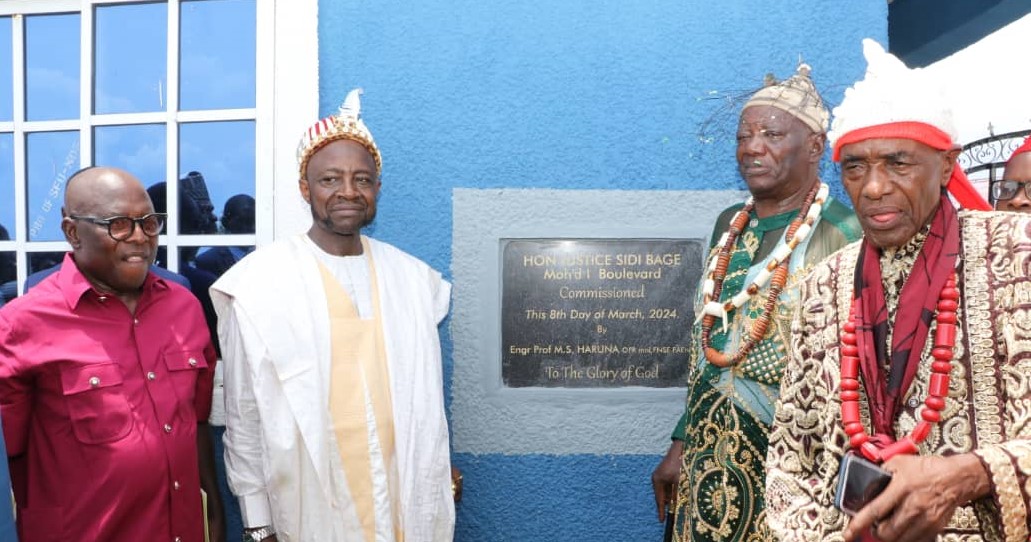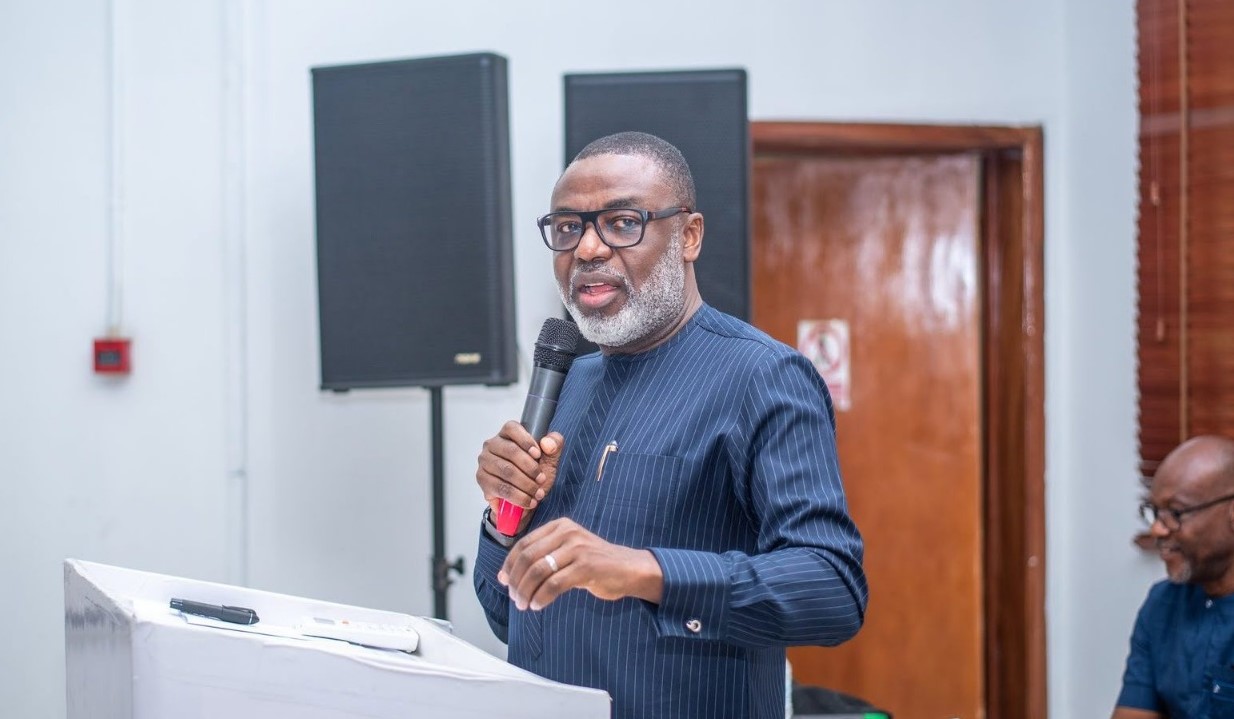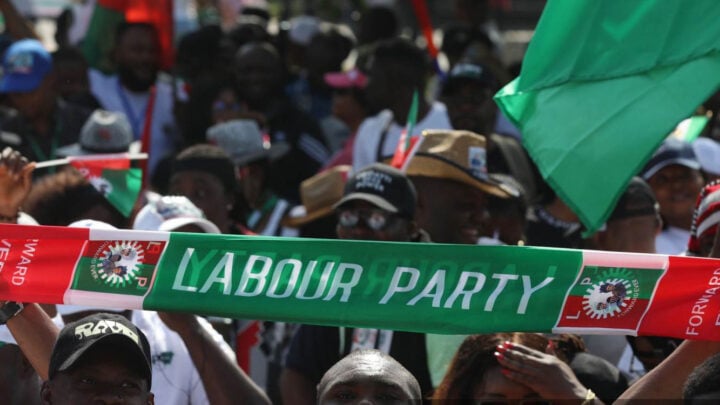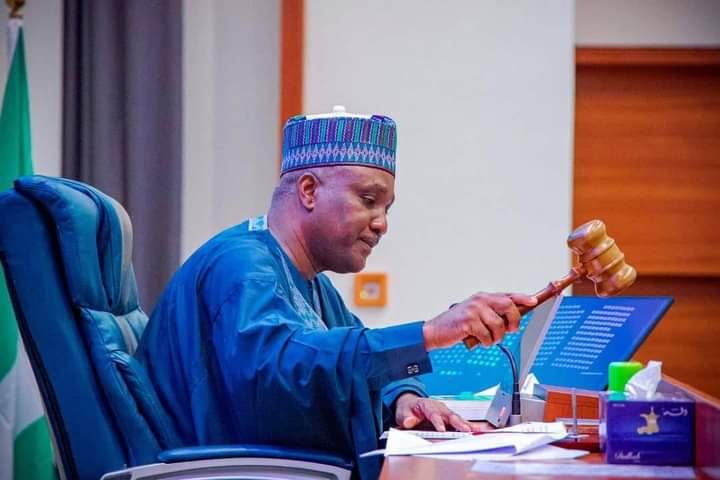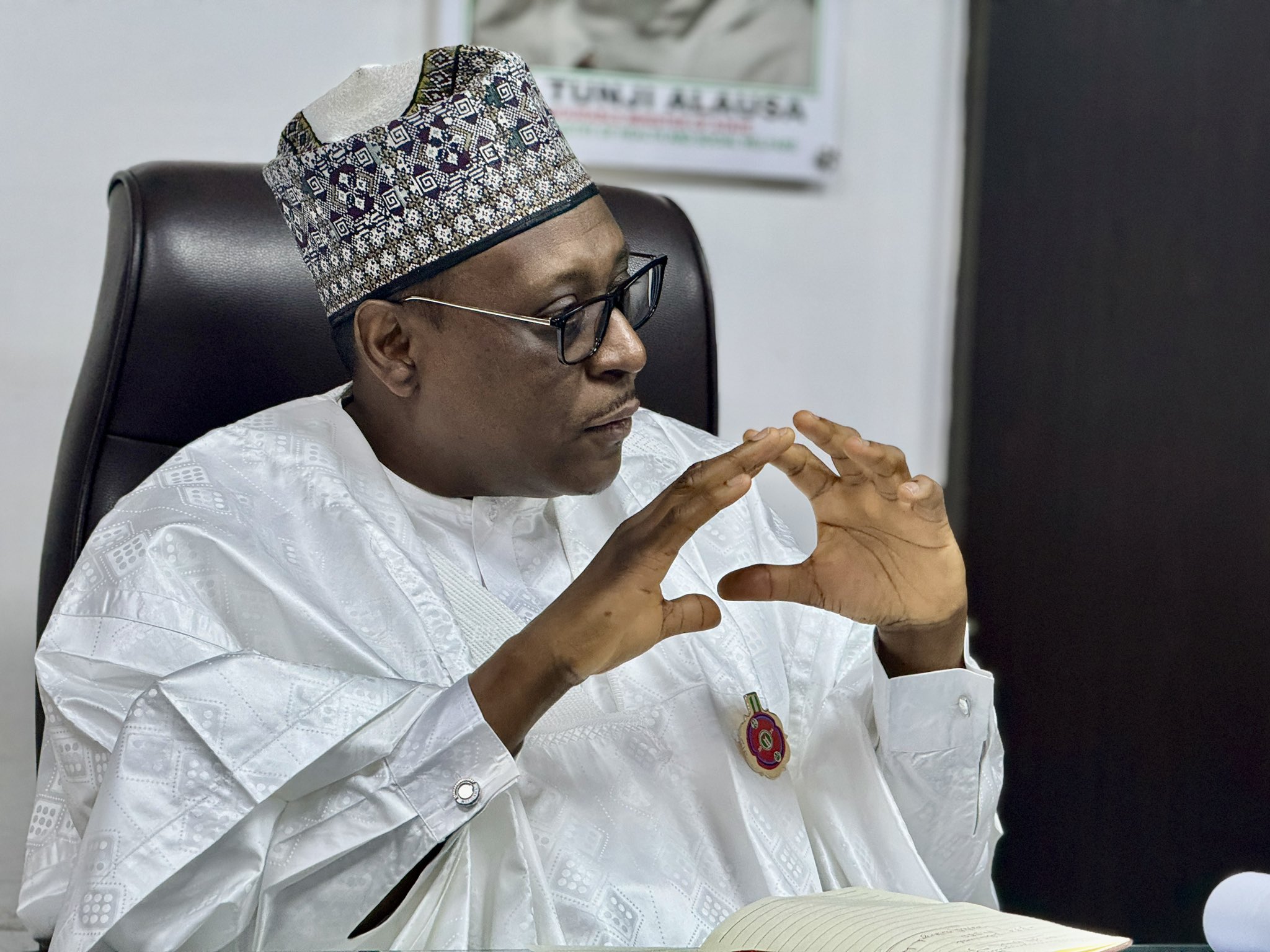Mohammed Sani, former chief executive officer (CEO) of the National Agency for Science and Engineering Infrastructure (NASENI), has called on wealthy Nigerians to invest in education.
Sani made the call at the weekend during the inauguration of a boulevard in honour of Sidi Muhammad, Emir of Lafia, at Havilla University in the Nde Ikom area of Cross River.
He said most public school facilities are dilapidated, adding that wealthy Nigerians must contribute to improving the standard of education in the country.
“Since an ignorant population is not only a liability to the nation but equally constitutes a huge security threat to our existence, let me call on Nigerians with means to individually and in collaboration or partnership to join hands and establish standard educational institutions that can provide quality entrepreneurial and affordable education as a societal social responsibility,” he said.
Advertisement
“Remember, if you have the means to sponsor the education of your children alone, your neighbour’s children without the same opportunity will not allow you and your family to live safely and happily in no distant time.
“It is no longer news that the carrying capacities of most of our tertiary public institutions are overstretched and are burdened with dilapidated and outdated infrastructure and equipment.
“It is estimated that more than half of the 213 million population of Nigeria are under the age of 20 with a large percentage of out-of-school children and dropouts.
Advertisement
“According to UNICEF, one in every five of the world’s out-of-school children is in Nigeria. A lot of those who make it to the end of secondary education find it difficult to gain admission into tertiary institutions due to limited carrying capacity.
“For years, Nigeria’s budgetary allocation to the education sector has consistently been below the recommended benchmark for developing nations.
“A recent study for the period of 1960-2023, computed the average annual budgetary allocation made to the education sector of Nigeria at about 5.94 percent. This is below UNESCO’s recommendation of 15%, 20% and 26 percent at different levels of education.
“The annual percentage budgetary allocations to the sector by the governments of Ghana, South Africa, Senegal, Kenya, Egypt, and Morocco are significantly higher than that of Nigeria.
Advertisement
“At the last count, the current total number of 91 public and seventy-nine 79 private universities added to a total number of 87 public polytechnics are inadequate to meet the demand of the nation. In addition, several of these universities have no infrastructure and equipment required for even a standard college.
“The quality and quantity of infrastructure I am commissioning here today on behalf of his highness, the Emir of Lafia and chairman, Nasarawa state council of chiefs, Justice Sidi Bage Muhammad (I) is highly impressive and worthy of emulation.”
He added that many Nigerians find it difficult to get admission into the university after secondary school education due to poverty.
Advertisement
Add a comment
